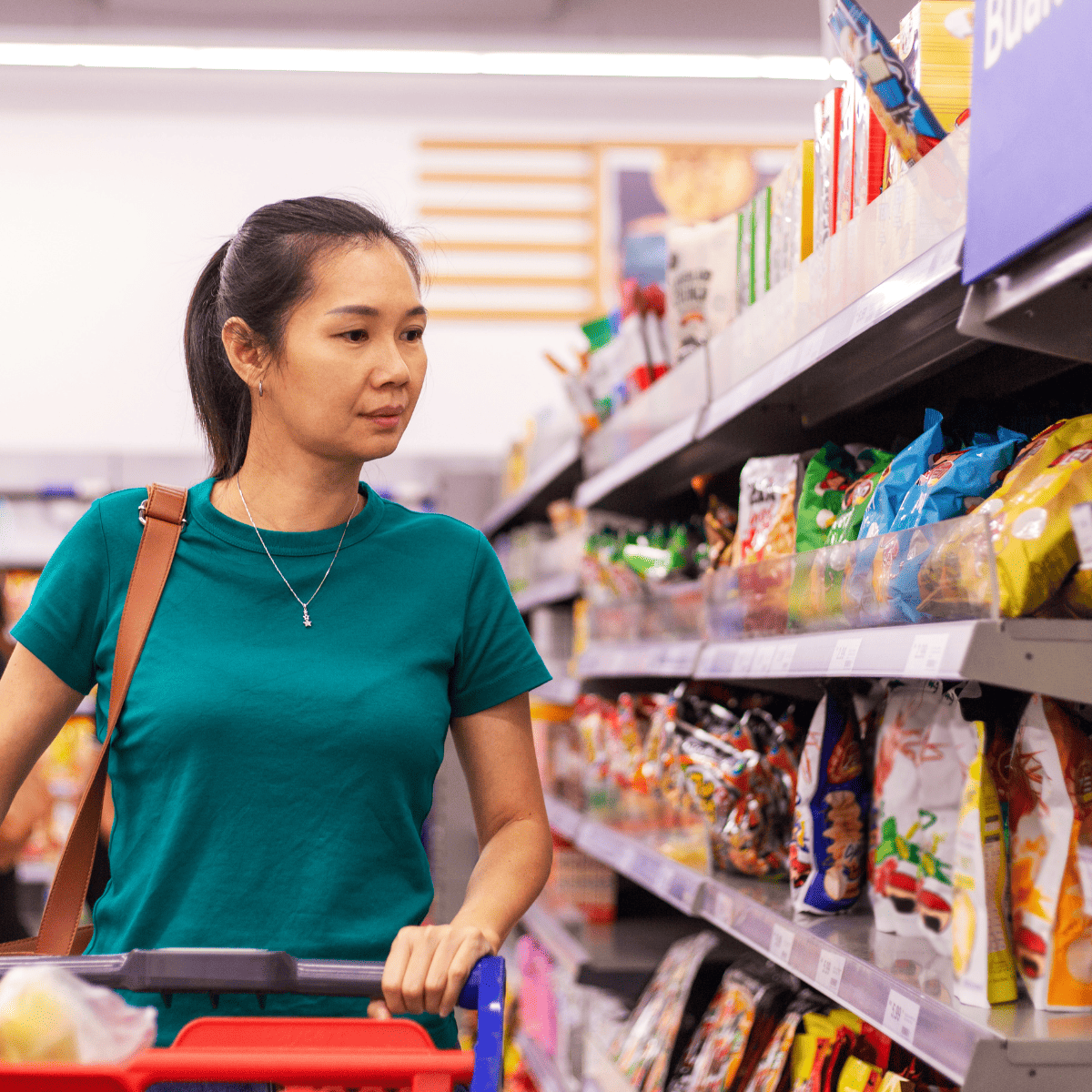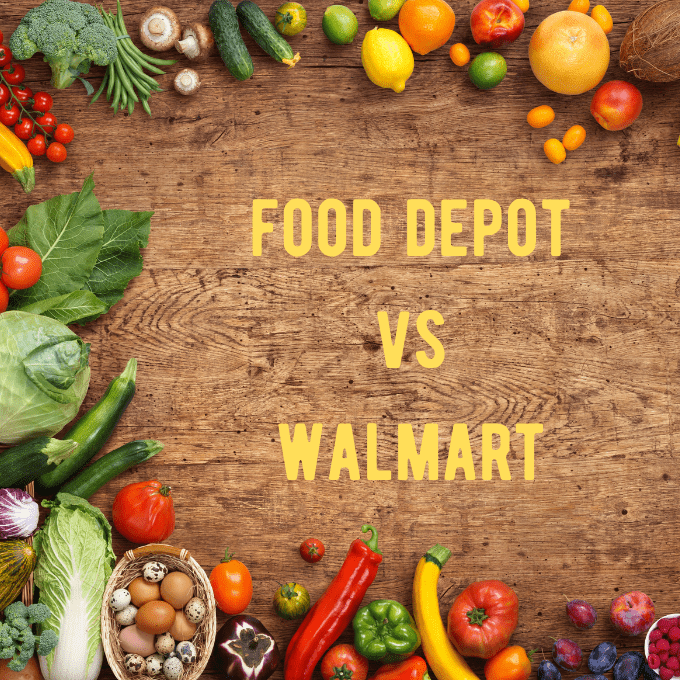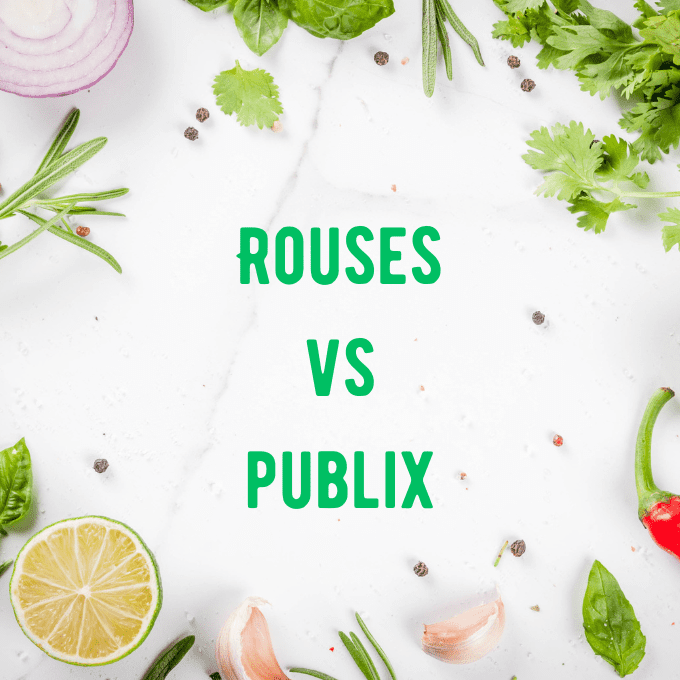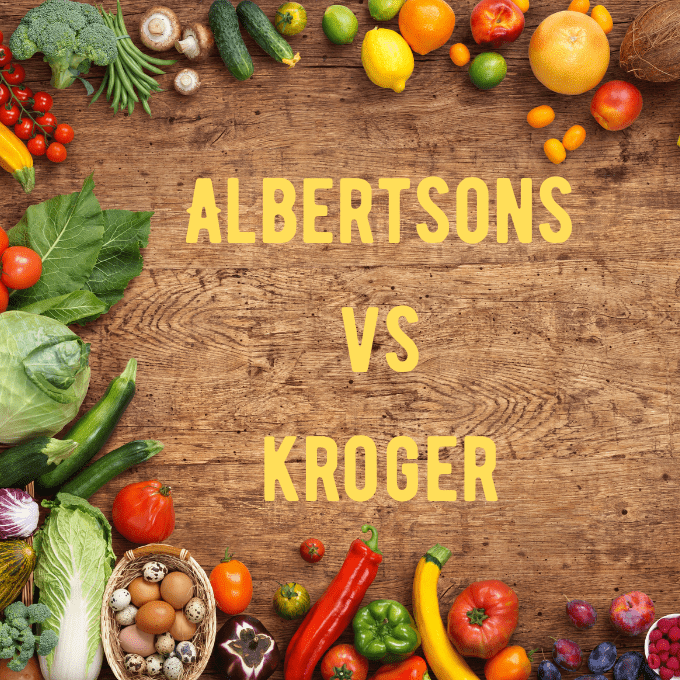1.1 Introduction to Grocery Savings
Hey there, welcome to the start of our journey towards becoming a savvy grocery shopper! Today, I want to talk about why it’s important to focus on our grocery spending and learn how to unlock grocery savings.
We’ll also discuss common grocery shopping mistakes, the benefits of mindful grocery shopping, and upcoming topics. So, let’s embark on this journey to smarter grocery shopping together!
Key Takeaways
- Focusing on grocery spending is essential to avoid costly mistakes.
- Fixed expenses take up a lot of our income, so we need to learn how to lower our grocery spending.
- Mindful grocery shopping not only saves money but also helps make healthier food choices and reduces food waste.
Importance of Grocery Budgeting
For the majority of us, we cannot change our standard monthly bills, which are fixed amounts like housing costs, electricity, water, and insurance. These fixed expenses typically take up a lot of our income.
Then we have variable spending, which includes items like gas or groceries that we know we’re going to spend on every month. Unfortunately, there’s not much we can do about gas prices, but we can lower our grocery spending by planning and budgeting.
Learning how to spend less on groceries is truly essential, especially if you have debt like student loans or credit cards. We probably don’t have a lot to work with, so being mindful about our grocery shopping can make a big difference.
It’s so easy to make mistakes when grocery shopping, like going to the store without a list or a plan, buying items that are on sale even if we don’t need them, or going shopping on an empty stomach.
Being mindful about our grocery shopping isn’t just about the pennies; it’s also a way to make healthier food choices, reduce food waste, and feel financially stress-free. It can improve our overall quality of life and take away some of the burden of worrying about money.
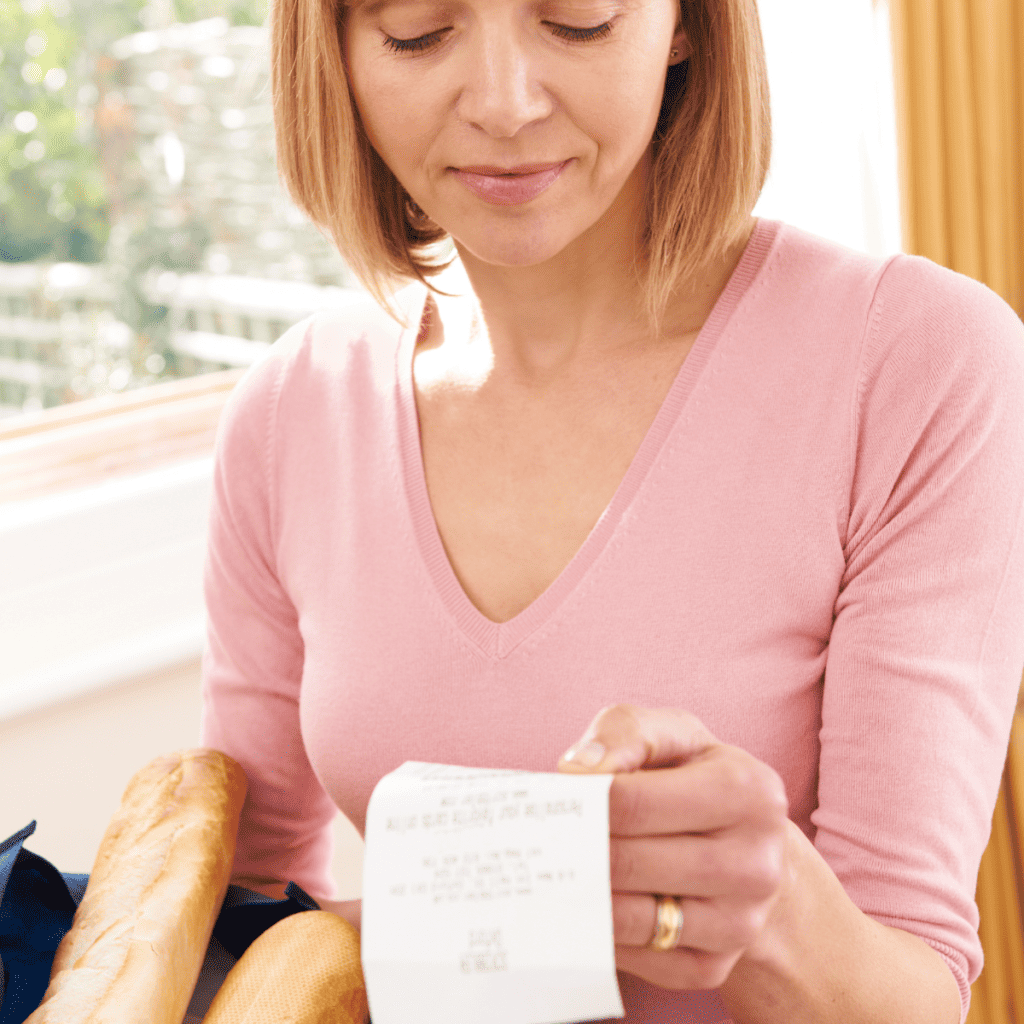
Lowering Grocery Spending
I remember a time when I was completely shocked by how much I spent on groceries. It was so much more than I expected, and it got me thinking, where did I go wrong? When did grocery shopping cost almost as much as I was paying for rent?
This is something that happens all the time. We don’t realize how much we’re spending, or we just spend, and we don’t really think about the total cost.
Budgeting is kind of like our road map for our finances. It guides us along and makes sure that we don’t stray off the path and make costly mistakes, especially in the grocery store.
It is so easy to buy things that we may not have intended to, or to overspend. Some of us don’t even keep track of how much money we spend at the grocery store.
For the majority of us, we cannot change our standard monthly bills. They are fixed amounts and they’re items like our housing costs, like our rent or our mortgage. We can’t really change that without moving.
Then we have variable spending, which are items that are typically like gas or groceries. Unfortunately, there’s not much you can do about your gas prices. Yes, you can shop around and go to certain places, but it’s unlikely that you’re going to find a gas station that’s selling gas so much cheaper than somewhere else.
One of the big things that we can do is focus on grocery savings, and this is going to take some planning and some budgeting. This is especially true if you have debt, like if you’re trying to pay off your student loans or credit cards or any other type of debt.
We probably don’t have a lot to work with, so learning how to spend less is truly essential.

Common Grocery Shopping Mistakes
It’s important to avoid common mistakes that can lead to overspending. Here are some common grocery shopping mistakes:
- Shopping without a list or plan: This can lead to impulse buys and overspending on items that you don’t need.
- Buying items just because they’re on sale: While sales can be a great way to save money, buying items that you don’t need just because they’re on sale can quickly add up.
- Shopping on an empty stomach: When you’re hungry, everything looks good in the grocery store, and you’re more likely to make impulse buys and overspend.
- Being distracted while shopping: It’s easy to get caught up in socializing or browsing the aisles, but this can lead to overspending and buying items that you don’t need.
To avoid these common mistakes, it’s important to plan ahead and make a list before heading to the grocery store.
Stick to your list and avoid buying items that you don’t need, even if they’re on sale.
Try to shop after eating a meal or snack to avoid impulse buys due to hunger and stay focused while shopping to avoid distractions.
By being mindful of these common mistakes, you can save money and make smarter grocery shopping choices.

Benefits of Mindful Grocery Shopping
As I mentioned earlier, focusing on our grocery savings and spending is crucial. Mindful grocery shopping not only helps us save money but also has numerous other benefits, such as:
- Making healthier food choices: When we plan our grocery shopping and make a list of what we need, we are more likely to buy healthy food options and avoid impulse purchases of junk food.
- Reducing food waste: By planning our meals and buying only what we need, we can reduce food waste and save money.
- Feeling financially stress-free: When we know how much we can spend on groceries and stick to our budget, we feel more in control of our finances and less stressed.
- Improving overall quality of life: By taking control of our grocery spending and reducing financial stress, we can improve our overall quality of life and enjoy a sense of financial freedom.
By being mindful and intentional with our grocery shopping, we can reap these benefits and more.
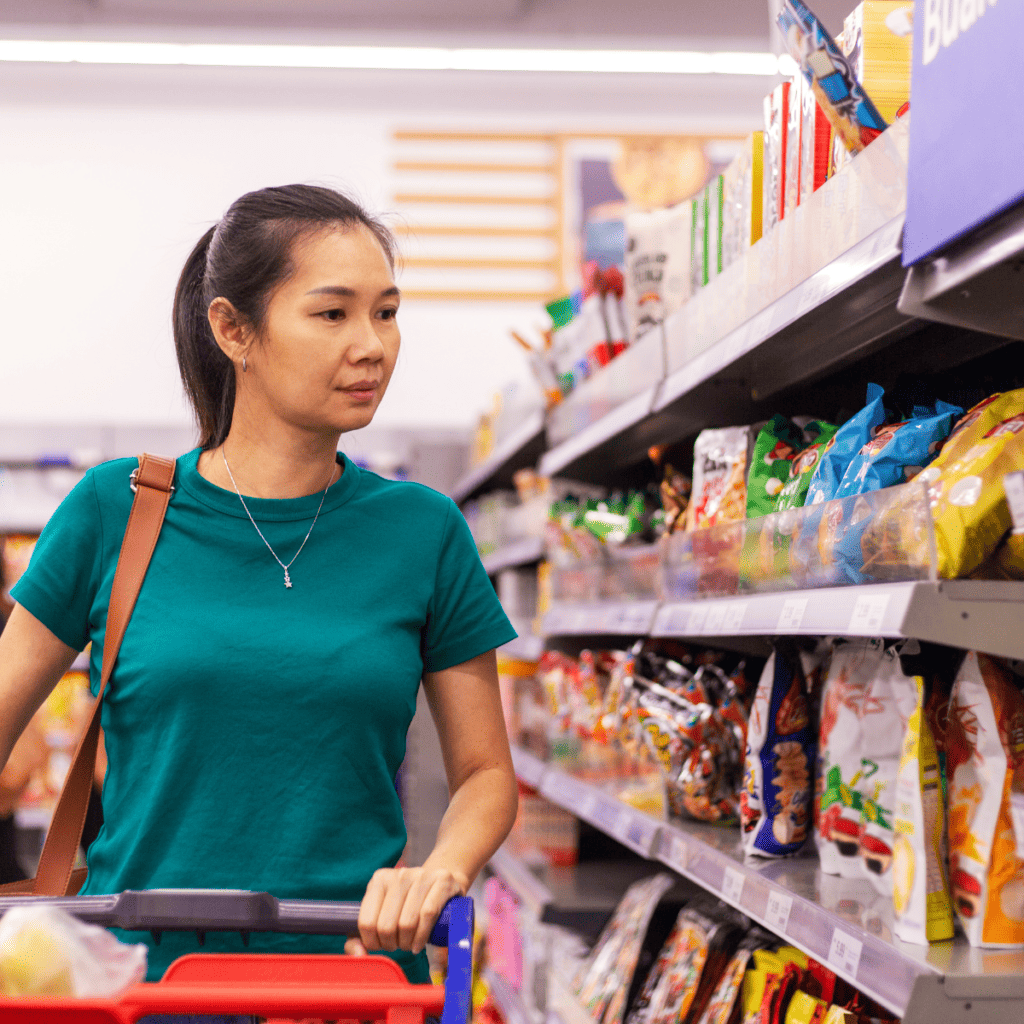
Homework
This masterclass is laid out as build blocks, so the lessons and the tips will gradually get more strategic as we learn the basics.
I want you to a take a few minutes after each lesson and do the homework. This really helps cement the path to grocery savings and may be a huge eye-openers for you.
The first homework is super simple, all I want you to do is focus on the work ahead and commit to finishing the course.
We offer each lesson as a written version or a video version, so use the one that is most convenient for you.
Whether you binge the series or hit a few each week, is totally fine. I want you to learn at your pace and maximize your grocery savings. Make a commitment to yourself to stick to it and make a plan to get it done.
Bookmark the website or subscribe on YouTube, so you can stay informed when the next lesson drops!

